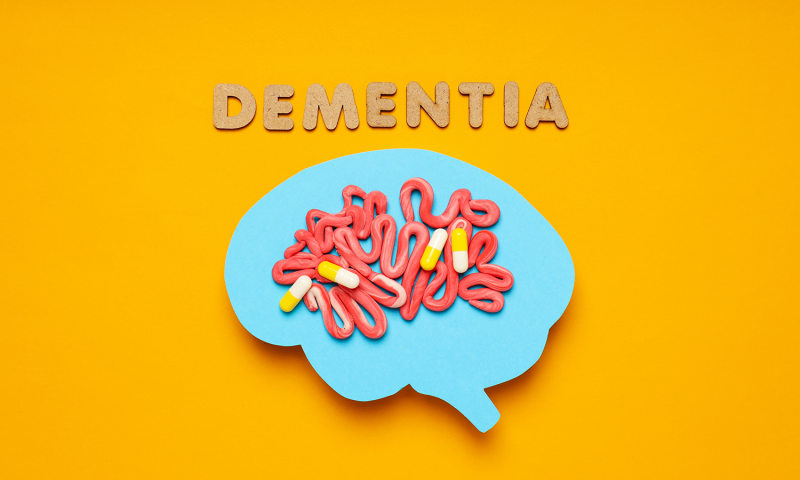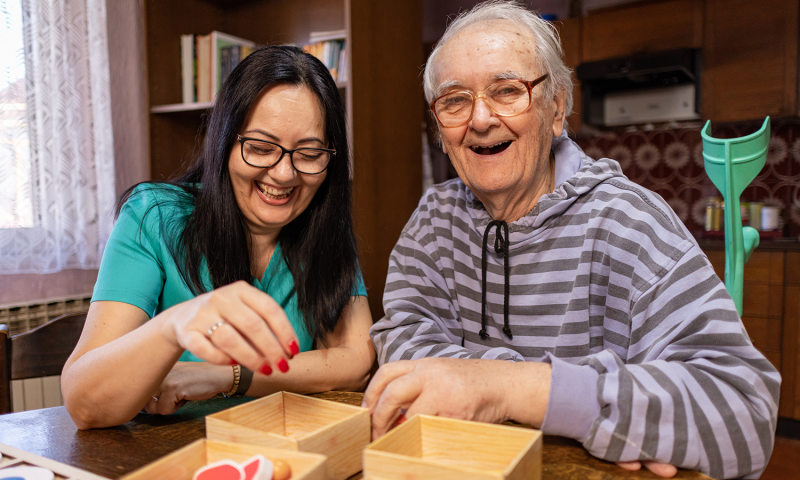Resources
Explore resources from a range of sources across the aged care sector - including government, research, academic and practice-based materials - curated by ARIIA to support evidence-informed practice and innovation.
Showing

Dementia facts and figures
This resource by Dementia Australia provides key statistics on dementia in Australia including diagnostic criteria, assessment and screening tools, and guidance on disclosing diagnosis for professionals.

Working with dementia in aged care
This webpage from the Department of Health, Disability and Ageing explains key facts about Dementia in Australia and provides various resources and links to more information.

Communicating with people living with dementia
A panel-led webinar hosted by the Older Persons Advocacy Network highlighting how dementia changes communication, barriers carers face, especially across culturally and linguistically diverse backgrounds, and practical strategies to improve understanding and respect rights.

Anti-psychotic tracking tool
This toolkit from Dementia Training Australia aims to be used for monitoring anti-psychotic medication usage in aged care settings, including bench marking against state-level RedUSe study data and is accompanied by step-by-step instructional videos.

Activities for people with dementia
This resource by Dementia Australia offers practical guidance on selecting and adapting activities for individuals living with dementia. It emphasises the importance of engaging in meaningful, enjoyable, and culturally appropriate activities to promote well-being and social connection.

Dementia and Aged Care Services (DACS) Fund
This webpage from the Department of Health, Disability and Ageing describes the Dementia and Aged Care Services (DACS) Fund which supports the aged care sector in addressing challenges related to dementia care, cultural diversity, and Indigenous health. It funds ongoing programs and targeted community-led activities to enhance care quality and inform policy development.

Free training opportunities for aged care workers
This government resource provides links to training available to workers in the aged care sector.

Talking First Nations: Transitioning into aged care
A Dementia Podcast from the Dementia Centre introduces an expert panel as they explore the care considerations for First Nations peoples with a particular focus on dementia care.

Activities for people with dementia
This webpage from Dementia Australia describes various activities that can help people with dementia stay socially active and engaged. Advice is provided on how to plan such activities, what activities might be suitable, and how to enjoy the activities. Videos are embedded in the webpage for further illustration.

Look after your brain: A guide to dementia for Aboriginal people
This guide by NSW Government is for Elders, family members and carers into how to look after your brain health to reduce the likelihood of dementia.